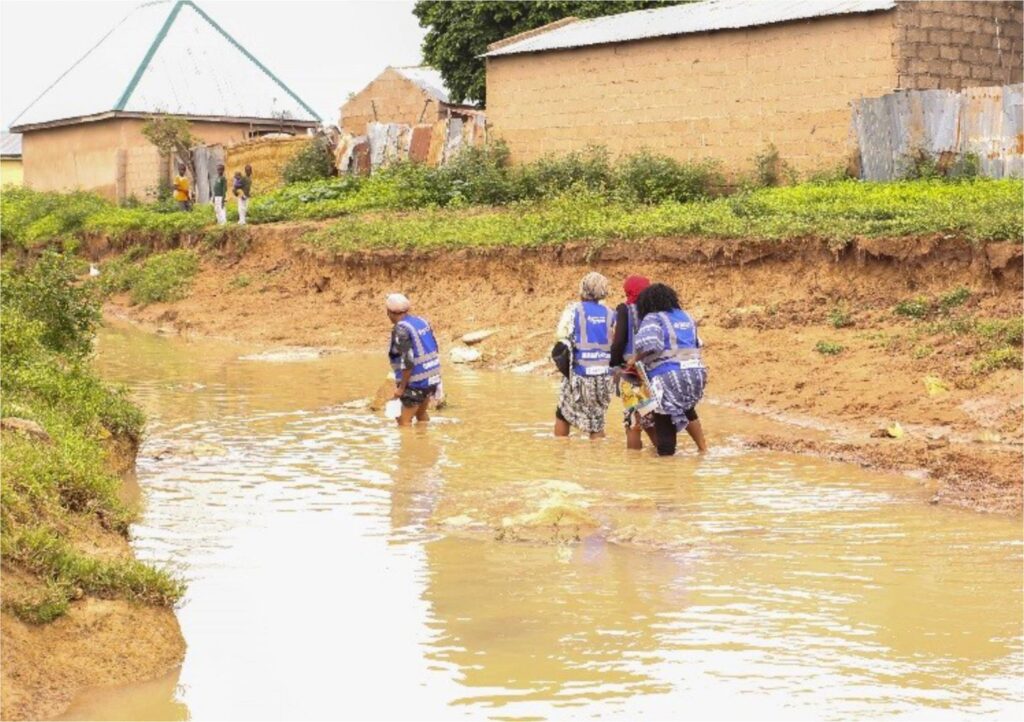
Environmental experts have called for the adoption of indigenous solutions to mitigate the negative effects of climate change in Nigeria.
The experts made their suggestion known at the end of a roundtable meeting tagged “Green Hangout Kaduna 0.1’’ which took place in Kaduna.
The event was organized by Green Climate Africa and had the theme: ‘The Place of Africa in the Fight Against Climate Change: Challenges and Prospects’.
Mr Yusuf Amoke, the Executive Director, Green Climate Africa, told newsmen that the stakeholders also urged government to take bold actions and mobilise citizens for local climate action.
He said that the stakeholders brainstormed on contemporary issues on climate change, including ongoing flooding, and how best to address them.
“Recent flood in some parts of the country as well as food crisis that the country is faced with today are evident effect of climate change,” Yusuf said.
“Governments should innovatively tackle the effect of climate change in Nigeria and Africa at large.
“The outcome of the programme stressed the need for government to make stringent laws prohibiting the cutting down of trees, while providing alternative sources of energy, most especially for rural and semi urban communities.
”There’s need for more environmental activist, most especially at community level, to join the struggle to raise awareness on the need to adopt indigenous strategies to ensure adaptability and mitigation against the effects,” he added.
Amoke noted that the meeting would be a permanent platform for practitioners to x-ray issues around climate change as they unveil both locally and internationally.
According to him, the organisation will establish Green Clubs in schools to help build foundation for young people on climate change.
Also, in a related development, the National President, Catfish and Allied Fish Farmers Association of Nigeria (CAFFAN), Dr Momoh Mustapha, said that
the Nigerian fish industry could be developed through increase in volume of fish produced.
Mustapha, who spoke in an interview in Abuja on Monday, said that the fish industry could also be improved by conservation and management, fisheries post-harvest, fish training and extension services.
“Similarly, fisheries information and marketing services, research and development in fisheries could also be a boost to the fish industry,” Mustapha said.
He said that fisheries development is generally compelled to bring about improvement in the overall fish production in the country.
Mustapha said that fisheries development would raise the social status of fishermen and increase the protein intake in the diet of the general public.
The president advocated strict policy on over-fishing to prevent the activities of sea pirates which posed a huge threat to the lives of fishermen and fishing vessel operators.

